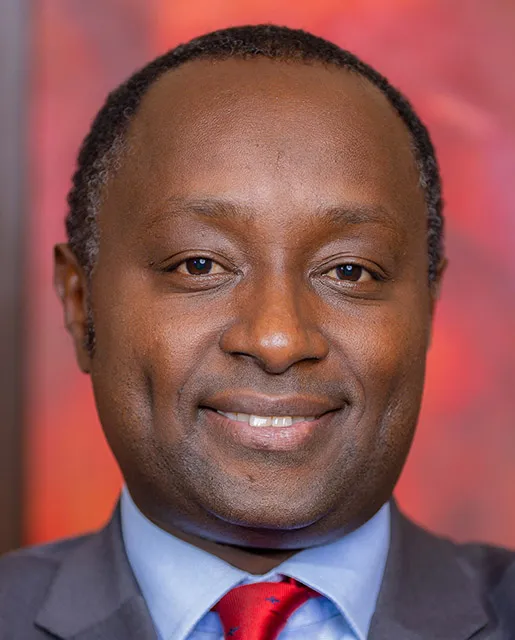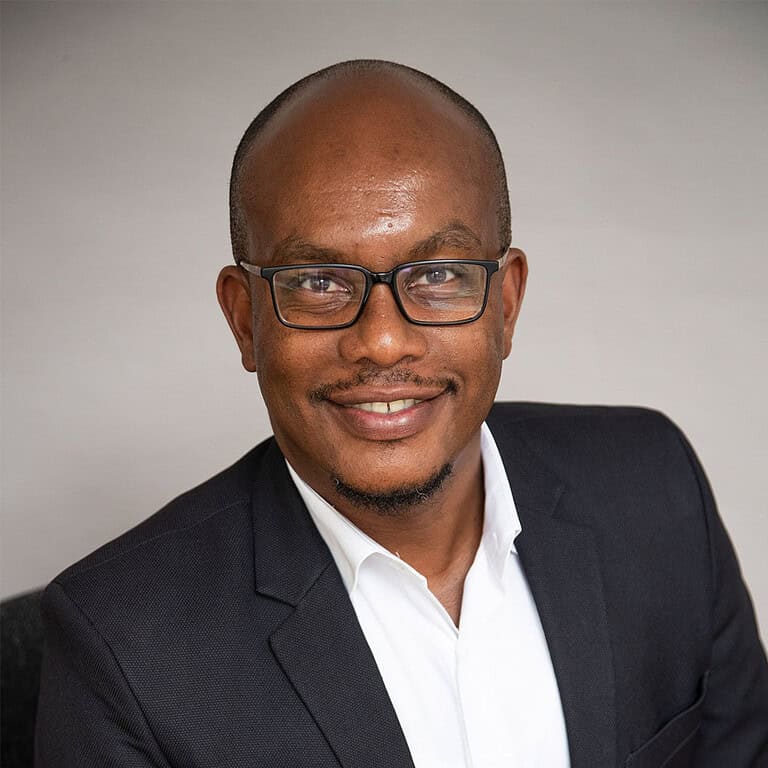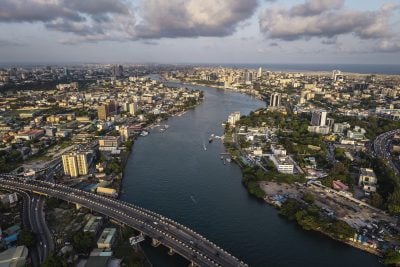For decades, foreign assistance from the United States, especially USAID, brought a sense of certainty to African economies. That certainty came at a cost.
Aid helped address urgent challenges. It built hospitals, distributed vaccines, and provided food during crises. It saved millions of lives and helped shape entire sectors of healthcare and humanitarian response. But what was meant to be a catalyst for development too often became a permanent fixture. Dependency became the norm. Structural reforms were delayed. Many lost sight of the original goal: financial sustainability.
Today, the aid landscape is changing, with Africa being the hardest hit. US budgets for the region are shrinking or disappearing altogether. Programs are winding down. Governments and development agencies are grappling with a difficult question: where will the money come from now?
This is a painful moment. In Somalia, for example, more than 4.5 million people are expected to suffer from hunger and food shortages before the end of June. Aid is still critical to addressing humanitarian crises.
But it is also a wake-up call. Africa must now pivot from dependence toward sustainable, investment-based capital that fosters growth, accountability, and dignity. No single government or global institution will step in to fill the gap left by declining aid. And that, perhaps, is the silver lining.
We have an opportunity to innovate. Instead of searching for new donors, we can build capital markets that are more accountable and responsive to the people they aim to serve through strategic investments. Those investments must go beyond chasing safe, scalable bets.
The uncertainty signals a turning point for Africa – a continent that must now transition from aid dependency to self-sustaining economic growth. The capital markets in Africa have a pivotal role to play in this transformation by mobilising long-term financing for locally driven enterprises that address real social and economic challenges.
To illustrate the potential, the NSE has pushed to develop green and sustainability-linked bonds. These instruments can unlock funding for infrastructure, clean energy, and agribusiness – critical sectors for inclusive growth. A standout example is the Acorn Green Bond, which raised over KES 4 billion to fund environmentally friendly student housing in Kenya. In a region where over 60% of urban dwellers live in informal settlements, such innovations directly contribute to closing financing gaps in housing, energy, water, and sanitation.
Moreover, capital markets serve not only as a financing platform but also as a governance mechanism. Publicly listed firms are held to higher standards of transparency and accountability, which builds investor confidence and encourages broader participation.
The future lies in investment models that respond to market demand rather than capital provider prescriptions. Financial infrastructure like the NSE is strategically positioned to channel “Patient Capital” – funding that reframes risk by accepting uncertainty and delayed returns in service of businesses that solve social problems – into Africa’s real economy by providing an enabling environment for new products such as SME-focused funds, REITs for affordable housing, and social impact bonds. By strengthening and deepening these markets, Africa can catalyse a new era of economic development driven not by charity but by entrepreneurship, innovation, and disciplined capital.
But the real innovation isn’t just in how we invest – it’s in who we invest in, and how those entrepreneurs respond to the people they serve. Too often, funders pressure organisations to prioritise scale at the expense of real human need. But the most transformative businesses are those that begin with deep insight into local markets and communities. We need investors willing to support bold, sometimes unconventional entrepreneurs – the people best positioned to create alternatives to aid. They are the ones who know what works.
Unlike traditional aid, where products are often designed for communities without their input, companies supported by investment capital survive only if they meet the needs of their customers. The poor are not passive recipients – they are discerning consumers. Their buying power is a form of accountability.
Some argue that the current economic climate – rising interest rates, tightening capital, and trade friction – makes this a risky time to invest. Yes, tariffs will affect some sectors. But the bigger threat is capital flight. Policy shifts and global uncertainty have pushed development finance institutions and private investors into a “wait and see” posture. Private equity fundraising timelines now average 19 months. Liquidity is drying up – not because Africa lacks opportunity, but because investors are clinging to short-term thinking.
Meanwhile, markets are sending a different message. Ghana’s stock exchange has posted gains of 56%. Kenya, Nigeria, and others are seeing renewed private sector activity. For those willing to take the long view, this is not the time to retreat. It’s the time to engage.
We continue to see funders expecting 15% to 25% internal rate of return and liquidity within five years – unrealistic goals in most African contexts. Africa needs investors who think like builders, not speculators. Investment horizons must stretch to ten years or more. This isn’t ESG for marketing purposes – it’s a long-term bet on businesses that can deliver value in real-world conditions. Sustainable returns – measured in resilience, not just yield – require patience, flexibility, and vision.
The decline of traditional aid is a tragedy – but also a turning point. A call to reimagine what African economies can achieve when they are powered by entrepreneurs, customers, and long-term capital that creates lasting value for both.
The next decade will be difficult. But it can also mark the beginning of something more honest, more sustainable, and more locally led. It’s time to outgrow dependency – and invest in what endures.
Want to continue reading? Subscribe today.
You've read all your free articles for this month! Subscribe now to enjoy full access to our content.
Digital Monthly
£8.00 / month
Receive full unlimited access to our articles, opinions, podcasts and more.
Digital Yearly
£70.00 / year
Our best value offer - save £26 and gain access to all of our digital content for an entire year!


 Sign in with Google
Sign in with Google 



